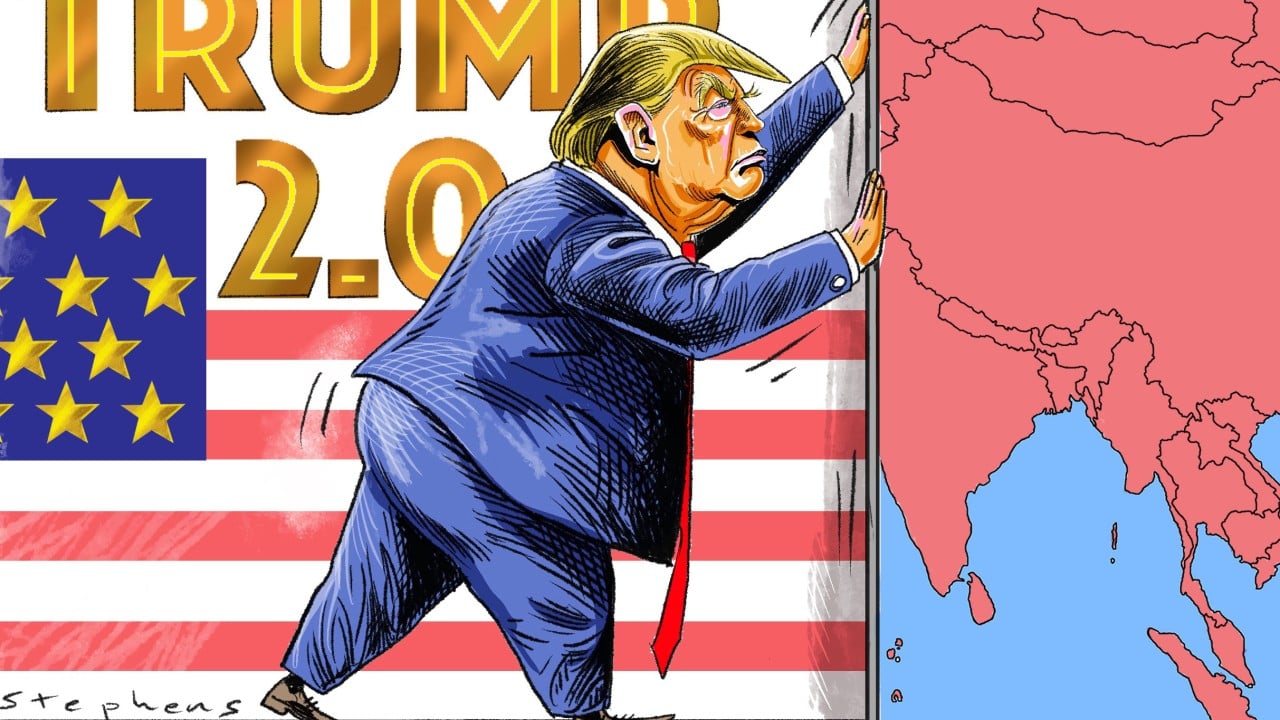“I’m not going to start a war. I’m going to stop wars,” declared US president-elect Donald Trump in his victory speech after a stunning comeback in the presidential election. “We had no wars [under my administration]. Except we defeated Isis, we defeated Isis in record time,” he claimed, despite evidence to the contrary.
Advertisement
Nonetheless, two major conflicts in recent times, namely in Ukraine and Gaza, emerged on outgoing US President Joseph Biden’s watch.
Trump has criticised past Republican officials who oversaw the United States’ disastrous military interventions, most notably in Iraq and Afghanistan. Despite his tough talk and strongman persona, he has consciously positioned himself as a peacemaker, who is intent on ending wars overseas in favour of investing in America’s own economy and infrastructure.
Trump’s victory, no wonder then, was cautiously welcomed even by the US’ rivals.
Russian President Vladimir Putin praised the president-elect as a “brave man” and welcomed the opportunity to reset bilateral relations. Iran’s vice-president and veteran diplomat Mohammad Javad Zarif expressed the hope that a second Trump administration “will stand against war as pledged, and will heed the clear lesson given by the American electorate to end wars and prevent new ones”.
Advertisement
Perhaps the most crucial response came from Chinese President Xi Jinping, who told Trump that the two countries would “benefit from cooperation and lose from confrontation”.

